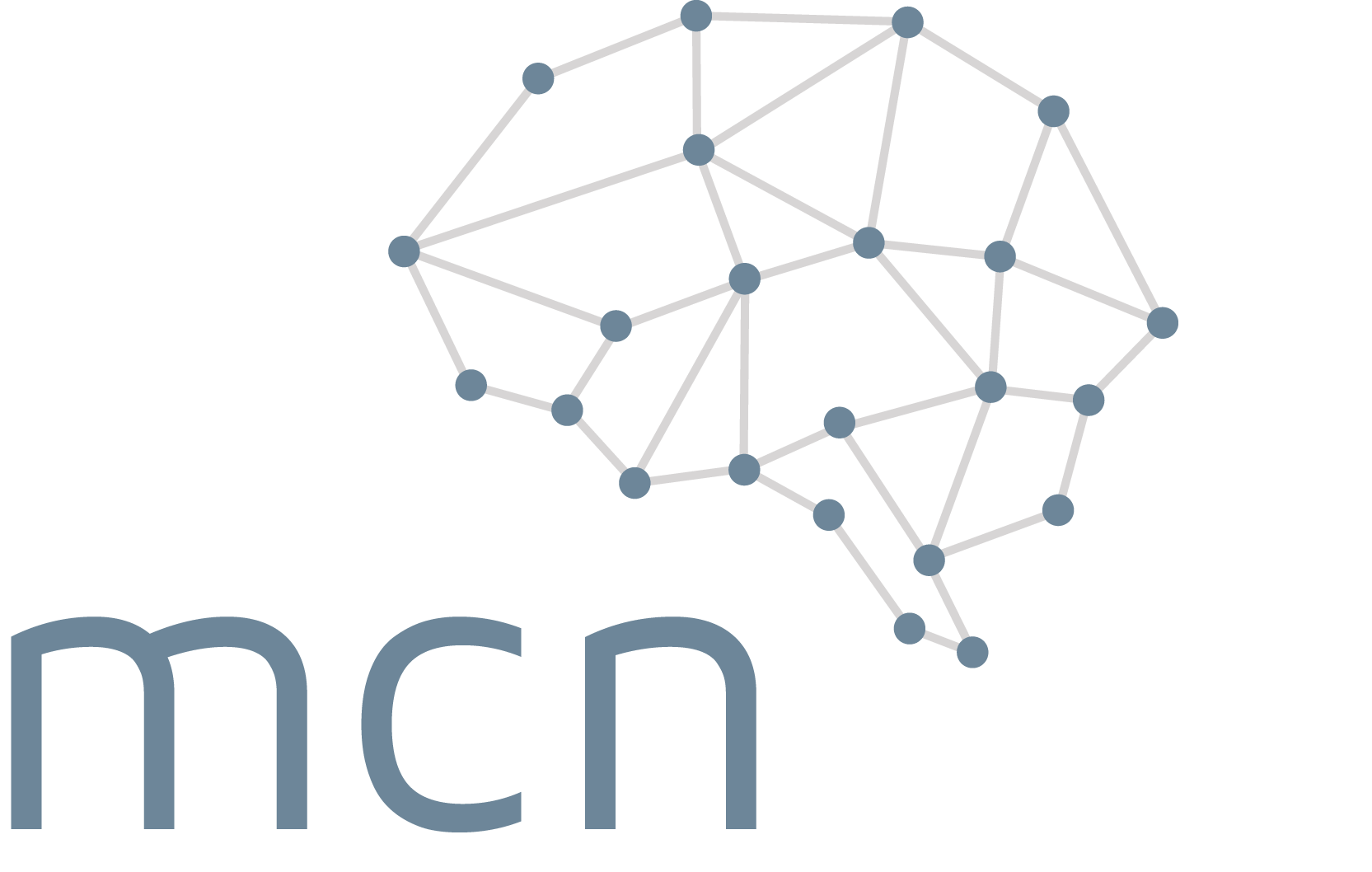In General
Investigative work in our research group focuses on circadian and homeostatic regulation of human sleep, alertness, cognitive performance, mood, memory consolidation and thermoregulation, and applying that knowledge to ageing as well as to sleep and psychiatric disorders. It is our goal to translate our research results into clinical aspects in the field of sleep medicine, psychiatry and occupational health medicine.
Current research interests include:
- Non-visual/non-image forming effects of light on circadian physiology, sleep and cognition
- Cerebral mechanisms underlying the influence of age-related changes in circadian and homeostatic processes on cognition: a functional neuroimaging approach
- Impact of cataract surgery and intra-ocular lens replacement on endocrine and molecular circadian rhythms, sleep and cognitive function in older adults
- Acute and short-term effects of road, railway and aircraft noise exposure on annoyance, sleep disturbances and cardiometabolic risk
- Circadian rhythms and sleep regulation in psychiatric disorders
- Chronotherapy (e.g. light treatment) in psychiatric disorders
Basic Human Research Projects
Circadian and homeostatic influences on sleep, performance, thermoregulation and mood in moderately depressed women
We have completed an extensive investigation of circadian and homeostatic influences on sleep, performance, thermoregulation and other variables in healthy young and older men and women. This provides a detailed background to investigate the above changes in young, moderately depressed women. In this study, depressed volunteers enter our chronobiology laboratory for 4 consecutive days and follow a protocol with much sleep (naps) or sleep deprivation. We hope to pinpoint specific disturbances in circadian or sleep-dependent mechanisms that will allow selective and optimal chronobiological treatments of depression (e.g. light).
Thermophysiology and sleep
In women with vascular disregulation and difficulties initiating sleep four different innervations are presently under investigation in a mixed-ambulatory-lab-cross-over-design. These interventions include a phase delay of the sleep-wake cycle, a phase advance of the circadian system by morning light or an evening heat load prior to habitual bedtimes – all should lead to a reduction in sleep onset latency. Furthermore,in collaboration with the University Eye Hospital Basel, we are studying the influence of melatonin on choroidal blood flow and thermoregulation in women with vascular dysregulation and controls.
Specific genetic traits and age-related changes in the circadian and sleep homeostatic process
Research conducted at the University of Surrey (UK) on one of the PER clock genes known to be involved in diurnal preference (i.e. late or early chronotype) has focused on circadian and sleep physiology of individuals possessing the homozygous type of PER3 polymorphism. We aim to investigate whether specific genetic traits influences age-related changes in the circadian and sleep homeostatic process.
Learning, sleep and the circadian system
We are studying the interactions of learning (e.g. simple and difficult word pairs) circadian phase and sleep, to see what factors are important for retention and recall, and what characteristics of the sleep EEG reflect this learning process and its efficiency.
Clinical Human Research Projects
A controlled double blind study of light therapy for depression during pregnancy
The incidence of major depression during pregnancy is surprisingly high (ca. 10%). Since we do not exactly know what the long-term developmental effects of antidepressant drugs are on the unborn child, there is much interest in finding effective non-pharmaceutical treatments for depression during pregnancy. This randomized double-blind placebo-controlled study investigates the antidepressant efficacy of light therapy under controlled conditions.
Circadian rest-activity cycles and cognitive performance in schizophrenia and the effect of antipsychotic medications
Sleep disturbances in schizophrenic patients are often coupled with negative symptoms and behavioral daytime problems. How much of this is improved or exacerbated by different antipsychotic medications is the aim of this study, in particular to see whether the newest generation of atypical neuroleptics stabilize sleep-wake cycles.
Circadian rest-activity cycles and cognitive performance in women with borderline personality disorder (BPD) and the effects of light therapy
First results indicate that abnormal melatonin and sleep-wake rhythms are common in women with BPD. The purpose of the study is to investigate whether normalization of those rhythms by properly timed light treatment can alleviate symptoms often seen in BPD such as depression, daytime fatigue and self-mutilating behavior.
